An Introduction from A Chronic Voice — What is a “POTSie” & Hello Keira!
Keira is a young lady who lives with Postural Tachycardia Syndrome (POTS), a.k.a. a “POTSie”. On top of that, she has five other major chronic and mental illnesses. Keira is also into photography, animal behaviour and travelling, and seizes those rare good moments to enjoy these lovely hobbies. In this guest post, she will focus on sharing primarily about POTS, and how it affects her daily life.
*Disclaimer: This article is meant for educational purposes, and is based on the author's personal experiences as a patient. I/We are not doctors, and nothing in this article should be substituted for medical advice. Please consult your own doctor before changing or adding any new treatment protocols. This post may also contain affiliate links. It will cost you nothing to click on them. I will get a small referral fee from purchases you make, which helps with the maintenance of this blog. Read our Privacy Policy page for more information. Thank you!
Pin to Your POTS, Dysautonomia & Chronic Illness Boards:
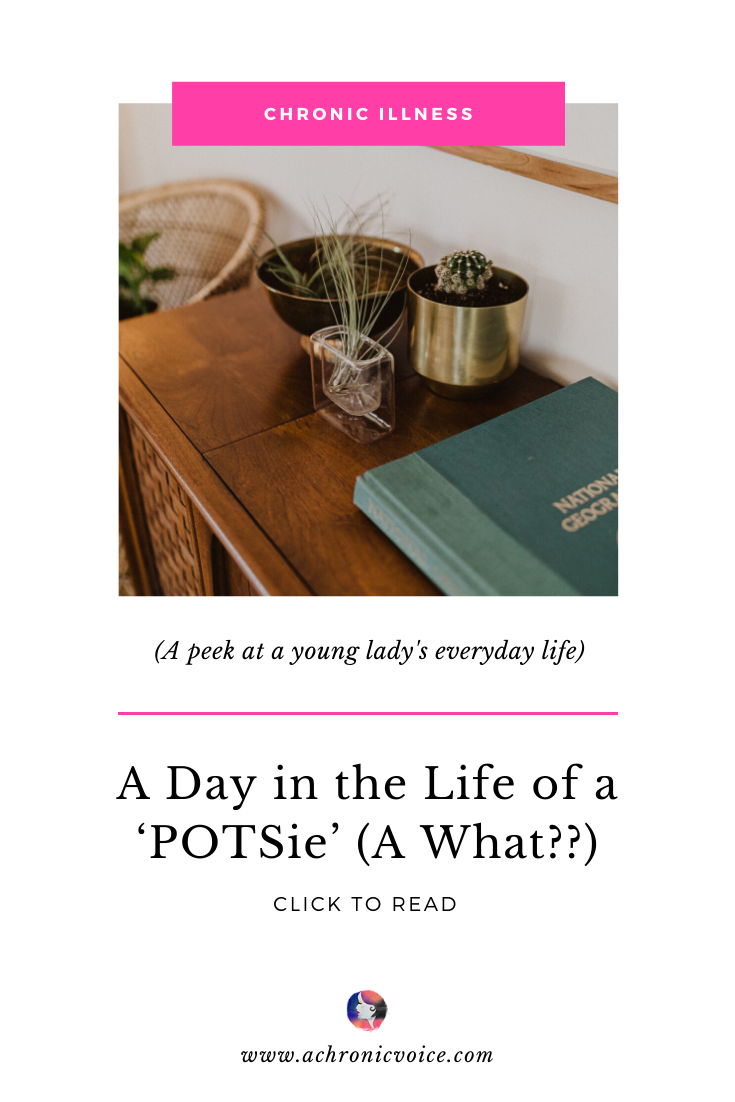
What is a POTSie?
Many of you are probably wondering what a “POTSie” is. It is an acronym that many people who live with POTS use to refer to themselves. POTS is an autonomic condition; this means that your body has difficulty regulating your blood pressure and heart rate (Zhao & Tran, 2023). The blood pressure and heart rate of a regular person increases slightly when they stand up. But in a person with POTS, these fall rapidly instead.
That may not sound too serious, but it can significantly impact a person's quality of life. The quick drop in blood pressure causes extreme dizziness, blood pooling, nausea and fainting. This limits their activity, ability to work and even walk.
How POTS Changed My Life
I have had POTS for six years, and it has affected my life in a way that I could never imagine. Before I had this condition, I was an extremely active person. I would regularly go on long walks, play hockey, do karate and had no problem being on my feet all day. But now on a bad day, I can't even leave my flat due to the dizziness and weakness.
A bad day for me used to consist of me passing out in public and ending up in hospital on a regular basis. I haven’t passed out for several years now, as I have become more aware of the signs that lead up to a collapse. Even so, I still cannot walk for five minutes without feeling dizzy and weak, with blood pooling in my legs on a bad day. I need to sit down, so that I don't end up fainting.
Limitations and the Impact on Quality of Life
As you can imagine, this has limited my physical abilities and activities. It has been a very hard adjustment for me to accept that I'm now like this. The unpredictability of when I'll have a bad day makes it even more difficult to cope with. Whilst there are certain triggers such as heat or fatigue, sometimes I can just wake up and be symptomatic for no apparent reason.
What this means is that I haven't been able to work full time for several years, due to being too unreliable. I have to cancel plans regularly, and need to ensure that I have plenty of opportunities to sit and rest if I'm out.
There is no cure for POTS, only medications that help to reduce certain symptoms. Unfortunately, none of them have worked for me. That may sound like there is no hope for people with POTS, and that they could never leave their homes. But I'm lucky enough that it isn't like this every day for me.
Appreciating My Good Days
I do have good days where I'm hardly symptomatic at all. I can walk a fair distance without feeling dizzy, and have enough energy to visit my friends. There are also some activities I can do that don't affect my blood pressure too badly, such as horse riding and canoeing (activities that allow me to sit!). I always try to make the most out of these good days and never take them for granted, because you never know how long they'll last for.
Raising More Awareness for POTS
Having POTS means that I have had to change my outlook on life. I am now setting up my own business, in the hope of becoming self-employed. This would never have crossed my mind if I didn't have this condition. It has also encouraged me to raise awareness about it, through writing and talking. It is my hope that more people and doctors will become more familiar with POTS, and the people who live with them every day.
Pin to Your POTS, Dysautonomia & Chronic Illness Boards:

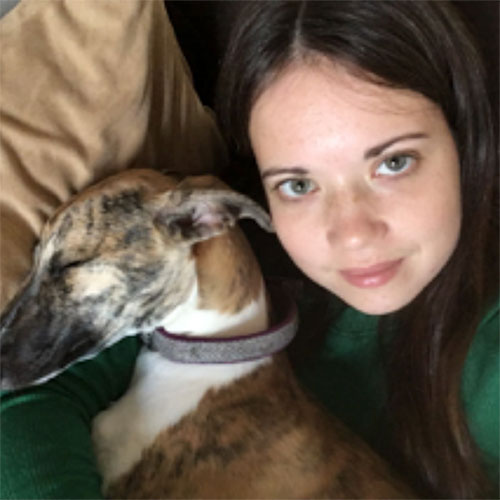
My name is Keira. I am 28 and suffer from Postural Tachycardia Syndrome, secondary Addison’s Disease, joint hypermobility, Borderline Personality Disorder, depression and anxiety. I am passionate about raising awareness for these lesser known conditions. I also enjoy photography, animal behaviour and travelling. Find her here: Twitter.

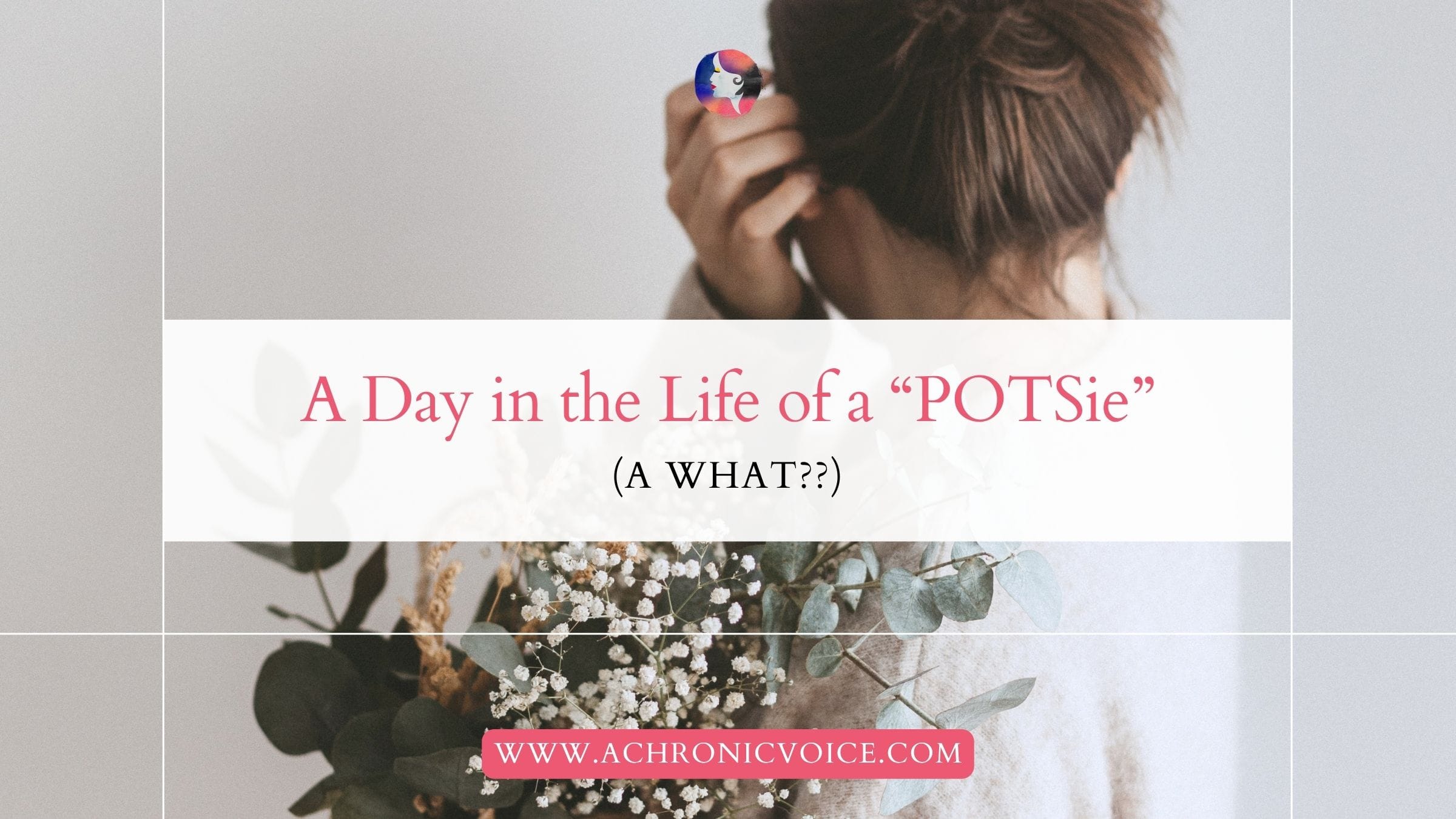

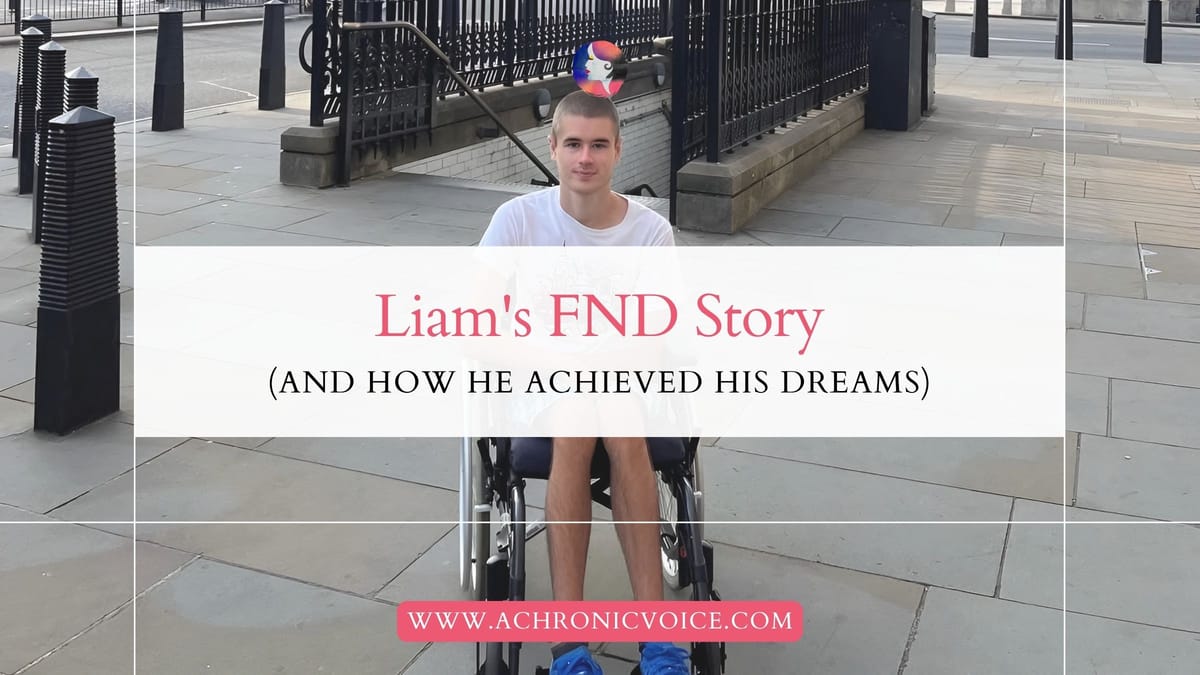
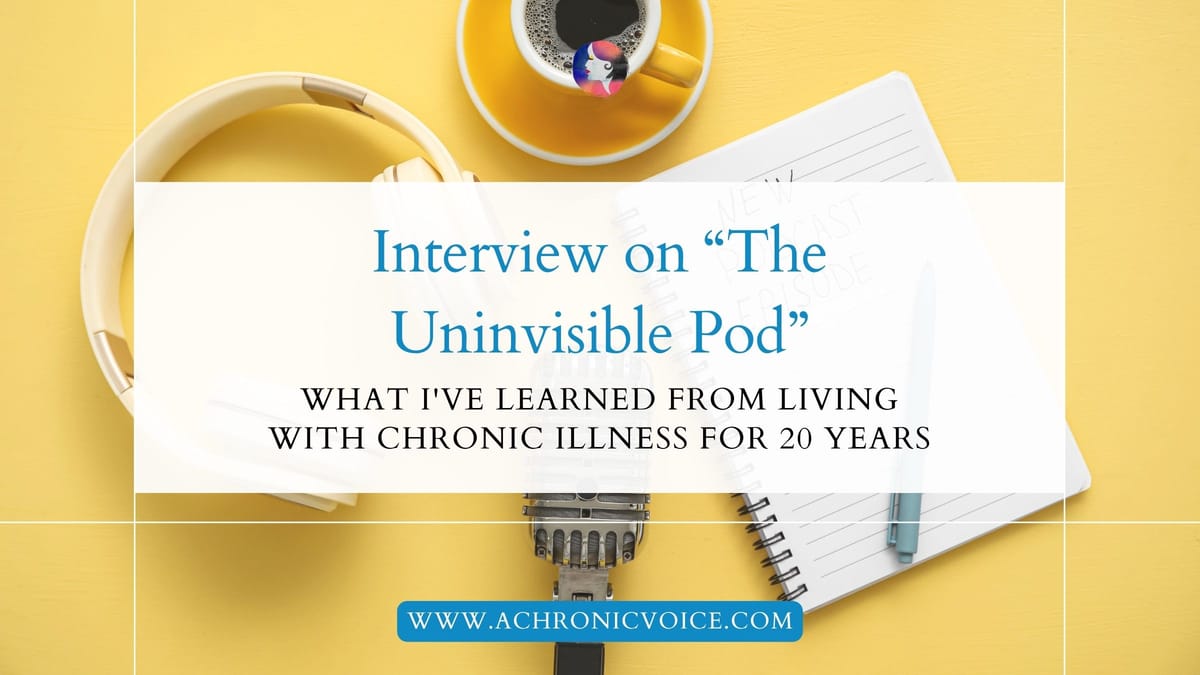
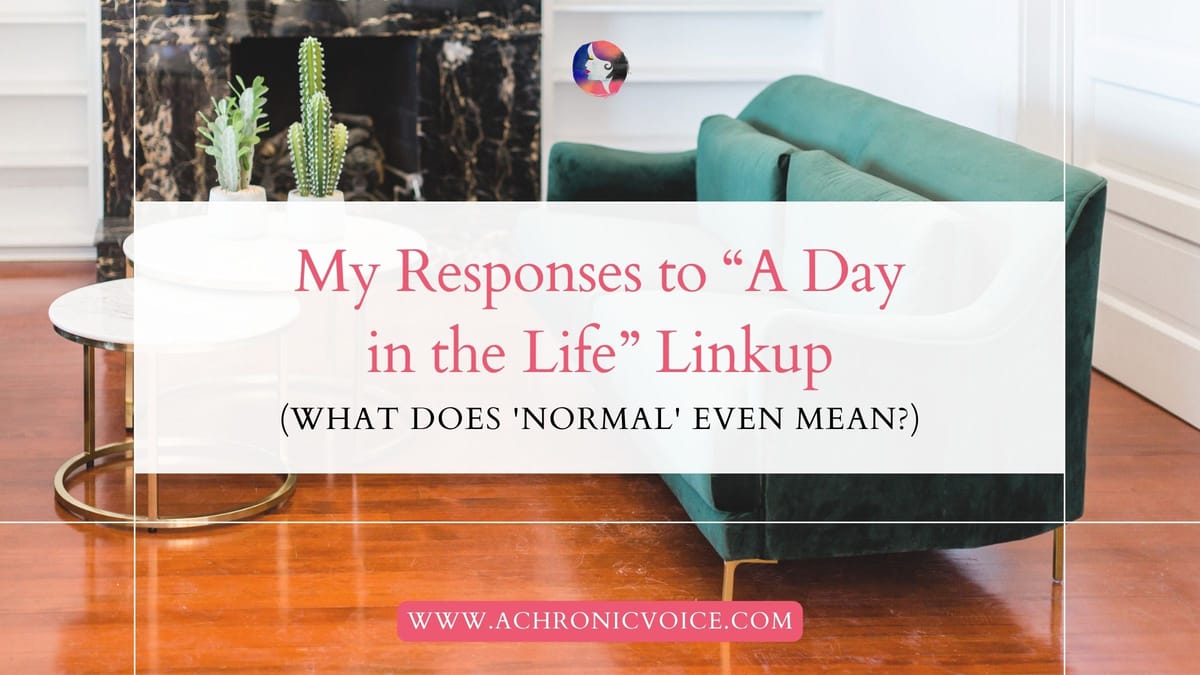
Member comments